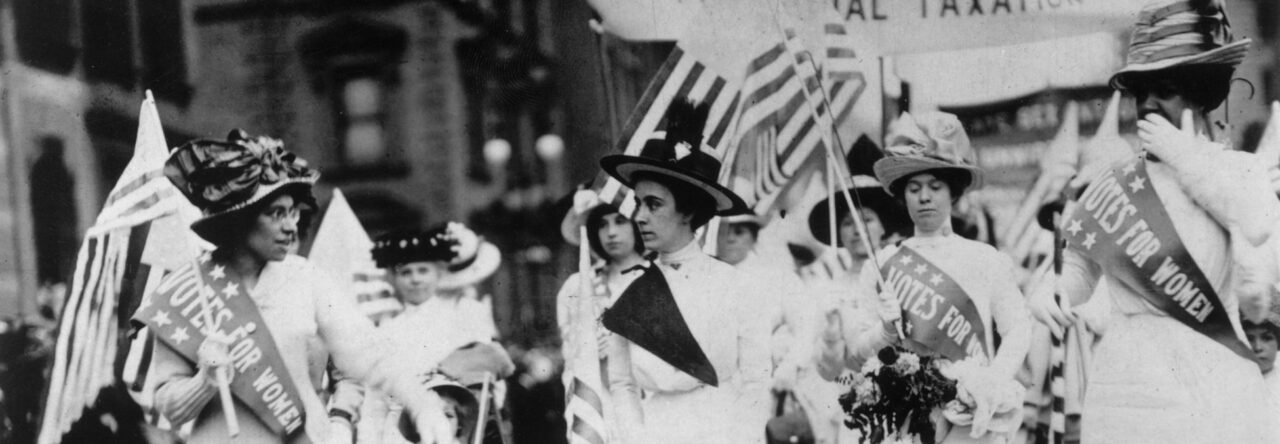 “If the Democrats desire even a sporting chance at the next election their policy must be, “any one but Wilson” These words, spoken by Robert Ford, editor of New York Irish World, an influential periodical, pertained to the purported imminent defeat of Wilson at the hand of Irish Democrats.
“If the Democrats desire even a sporting chance at the next election their policy must be, “any one but Wilson” These words, spoken by Robert Ford, editor of New York Irish World, an influential periodical, pertained to the purported imminent defeat of Wilson at the hand of Irish Democrats.
The source of Irish dismay was the bloody Dublin “massacre,” in which 16 leaders of the Irish revolt against England were massacred on April 29 1916. The reason for the massacre was a revolt led by Irish dissidents in reaction to the passing of the third Home Rule Bill, which gave British Parliament the right to rule every aspect of Irish life.
The source of disdain for Woodrow Wilson branched from his support of Great Britain during World War 1. Roman Catholic Irish also disliked Wilson for his Mexican policies and alleged mistreatment of Mexican Catholics. Robert Ford Was later quoted, “The election of the next president will, in all probability, depend on our vote. There is not a congressional district in which we are without influence.”
the Irish press followed with a “lesser of two evils” approach to the election and chose to endorse GOP cantidate Charles Evan Hughes, claiming, “He surely cannot be as bad as Wilson, For he is at least a man of honor.” In addition, Wilson had been implored, at the mercy of the Irish community to help save the life of an Irish traitor, but the White House failed to act quickly and he was executed.
In late August, the Irish situation had gotten so bad that it had become apparent that the Democratic party had given up on the Irish entirely. When the climate seemed the darkest for the Democrats, one particular slip-up occured that led to the “unraveling” of the Irish anti-Democrat sentiment. Jeremiah O’Leary, president of the American Truth Society sent a cutting telegram to Wilson, claiming Wilson had been “truckling with the British Empire,” and that he had a “dictatorship over Congress.” Wilson’s response simply read, “Your telegram received. I would feel deeply mortified to have you or anybody like you vote for me. Since you have access to many disloyal Americans and I have not, I will ask you to convey this message for me.”
This correspondence was a blessing in disguise, as many Irish publications proudly published it with intent on harming Wilson. Instead, as Wilson’s closest advisor Edward House explained, “At what time will Charles E. Hughes send such a message to the disloyal Americans who cheer him when he utters his careful platitudes.” By publishing the Leary-Wilson correspondence, the Irish media effectively made voting for Hughes un-American.
As the months dragged on towards the election, Hughes began to lose steam in the race, as lackluster editorial pieces done by the Irish media could not prove him to be a good leader at all, just better than Wilson. On November 7th the popular votes had come in; Wilson, 9,129,606, Hughes, 8,538,221. Wilson had won in a popular vote so close, not another would be seen until the 2004 election. Wilson took the election with 277 electoral votes beating out Hughes 254.
While evidence does show that Hughes carried 6 of the 8 states with the highest concentrations of Irish Americans in the country, it does little to explain states the Wilson had won with large populations of Irishmen. Many cite that anti-Democrat Irishmen failed to account for the third and fourth generation Irish-Americans who were pro-American and defended Wilson.
Regardless of the facts surrounding Irish-American voter turnout (as they were not measured at the time) the 1916 election provides ample evidence of what a minority group, when properly organized, can do to swing an election away from a cantidate running from their own party.

Leave a Reply
You must be logged in to post a comment.